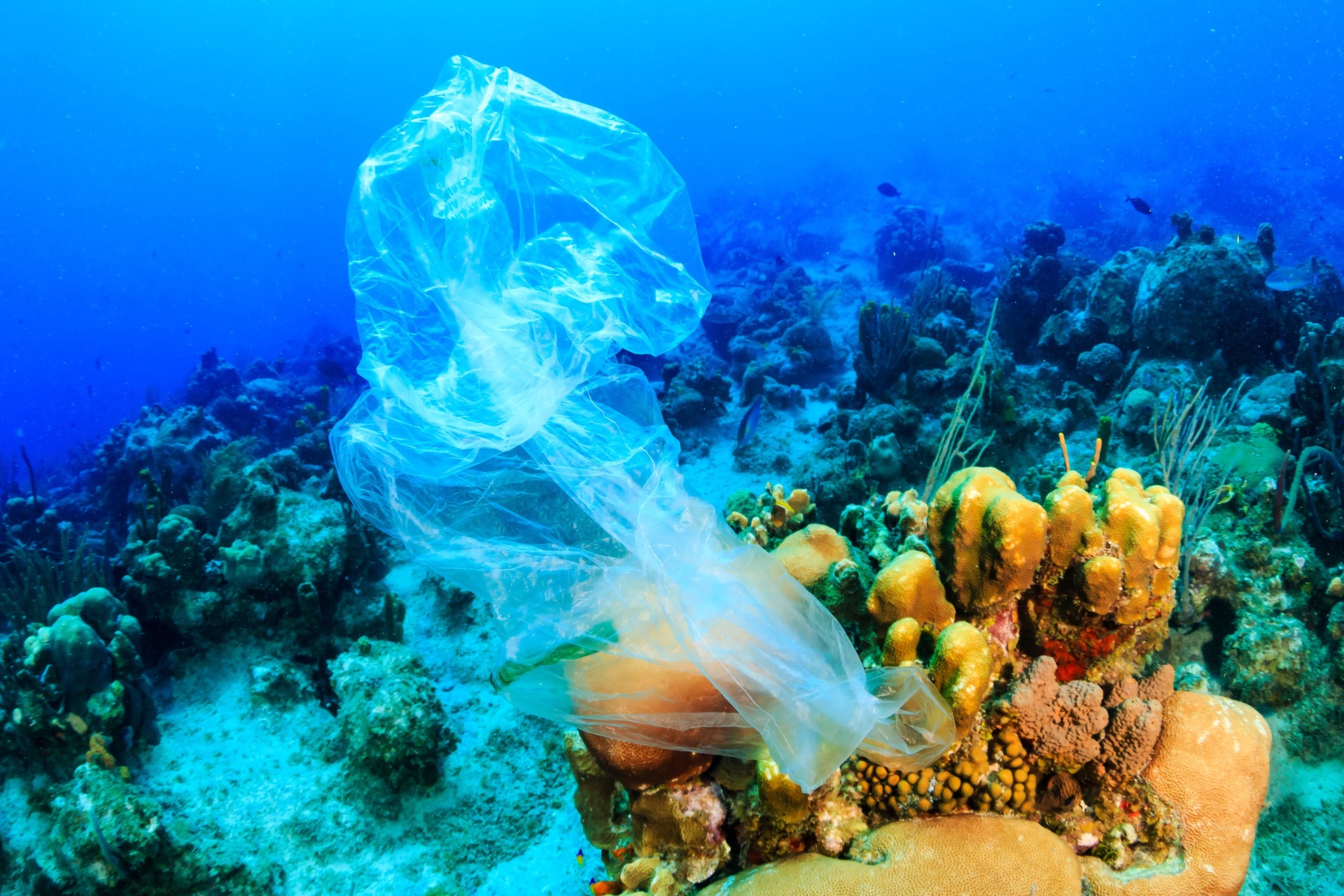Ocean pollution is an urgent and immediate problem. In fact, the equivalent of one garbage truck of plastic enters our oceans every minute. This level of waste isn’t sustainable.
We live in an era of convenience. From the products we use to our construction practices, our habits are endangering our oceans, and it’s time to start repairing the damage.
Causes of Ocean Pollution
Eighty percent of pollution to our oceans comes from land. These are some of the most common causes.
- Ocean Dumping: In the past, communities used the ocean for every kind of waste disposal: chemical, industrial, radioactive, trash, sewage, and more. As of today, regulations are in place that prohibit dumping of harmful materials and pollutants.
- Nonpoint Source Pollution: After large scale plowing or heavy rainstorms, runoff often occurs. This runoff can contain pollutants from septic tanks, cars, trucks, boats, farms, ranches, and forest areas. Nonpoint source pollution is the collection of many smaller sources of pollution that deposit into the oceans.
- Construction: From oil, paint, and solvents to construction debris and dirt, the construction industry is a major cause of ocean pollution. Land clearing causes soil erosion that results in runoff into the oceans. When new silt and soil enter waterways, they disturb the ecosystem by turning the water turbid, restricting sunlight, and destroying aquatic life.
- Single-use plastics: Our oceans are drowning in plastic. Every year, around 8 million tons of plastic end up in the oceans. This plastic is harmful for the wildlife and the ecosystems in the ocean. In fact, researchers have found plastic in the majority of fish they have examined, including everything from tiny molluscs like mussels to large predators like sharks.
Strategies to Reduce and Prevent Ocean Pollution
One of the best ways to reduce and prevent ocean pollution is to generate less waste. A land planning and design approach that considers the effects of runoff can help to reduce pollutants entering the oceans from construction; this includes implementing rain gardens and permeable surfaces to redirect sediment back into the soil. Recycling plastics and reducing our dependence on single-use items like plastic bags, straws, cups, and packaging can help ensure that these products never reach the oceans, as well.
At CREED LA our mission is to ensure that the construction industry in Los Angeles has a highly trained and professionalized workforce that supports projects that have positive impacts for the community and the environment. Contact us online or by calling 877-810-7473.

